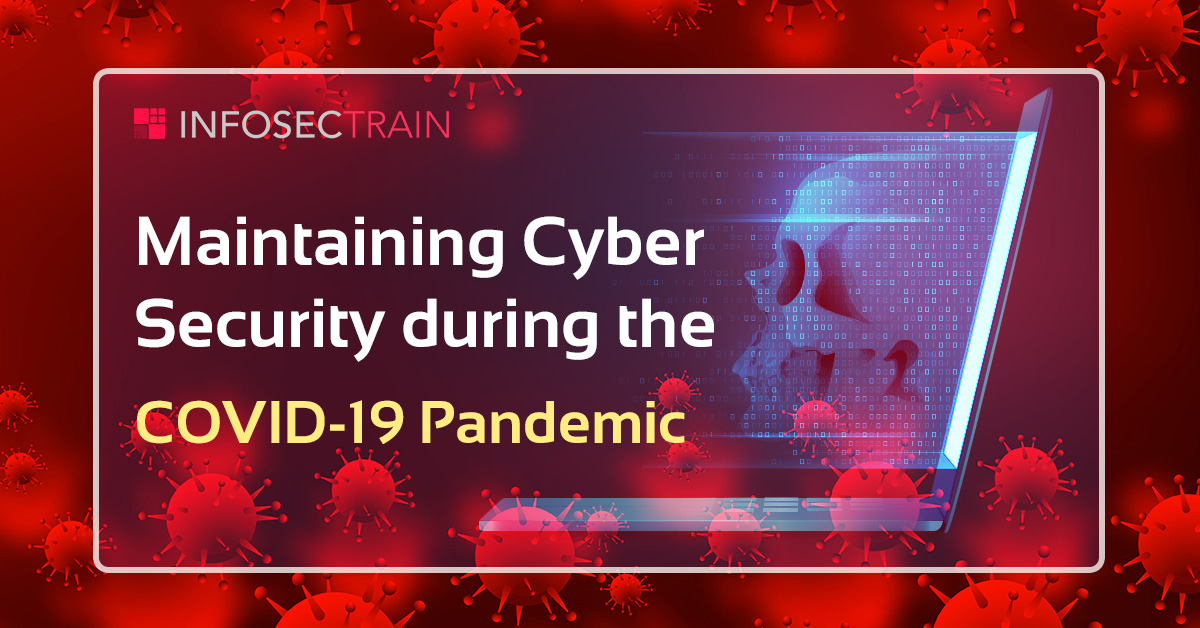Maintaining cyber security during the COVID-19 pandemic
During these testing times of the COVID-19 pandemic, the international advisory has been issued that asks employees to work from home. This opens the door for possible cyber security threats as lakhs of employees are now working from home due to the lockdown.

Various industry experts have suggested that as at least half of the employees of organisations are working from home for at least 2.5 days per week, a greater cyber security threat looms the IT infrastructure of various organisatons. Multiple surveys have highlighted that companies around the world now believe that the employees themselves pose as the biggest threat to their cyber security. Almost half of all the companies who have experienced security breaches have attributed it to human error or accidental loss on part of their employees as the cause.
The cause of concern
For every login into a corporate network, possible nodal entry points are created for hackers. These can be reduced when company provided laptops, which are secured by proper security measures, are used but hackers can still manipulate several holes in this arrangement. However, more problematic is the usage of personal laptops, as security teams cannot trace malicious activities. As employees are likely to use their own devices when working from home, new platforms get introduced which require setting up of their own security systems. Since no end to the pandemic situation visible for the near future, it is essential for organisations to ensure that cyber security of the now remotely operating workforce is near non-infrangible.
How to ensure minimal breaches for remote workers?
So, understanding the vulnerabilities of the system, how can companies operate during this time period hack proof arises as a question? Here are a few possible solutions and suggestions that companies and their employees may implement during this time for smooth, hack free operation:
- The responsibilities of the Chief Information Security Office (CISO) get extremely crucial during this time. Appropriate risk management, careful assessment of organisation’s security by facilitating different access channels to the employees simultaneously will help in delivering a stable network.
- Employees should not venture into unchartered partnerships and interaction of vendors for supporting their network needs.
- According to experts, regular updating of passwords, usage of paid virtual private networks and multi-factor authentication are a good start, experts said.
- To boost the security of their personal network, employees can segregate their networks by using personal home router kits. If not, ensuring updated firmware for the router will also be an effective way.
- It is also a good idea maintaining privacy and avoiding downloading suspicious content that could be infected with malware.
As highlighted above, the responsibilities of the IT staff of a company have heightened during this time. It is essential for them to upgrade their skills in order to tackle the challenge more efficiently. Courses and webinars offered by Infosectrain can help a cyber security professional to better deal with the increased workload.






 1800-843-7890 (India)
1800-843-7890 (India)